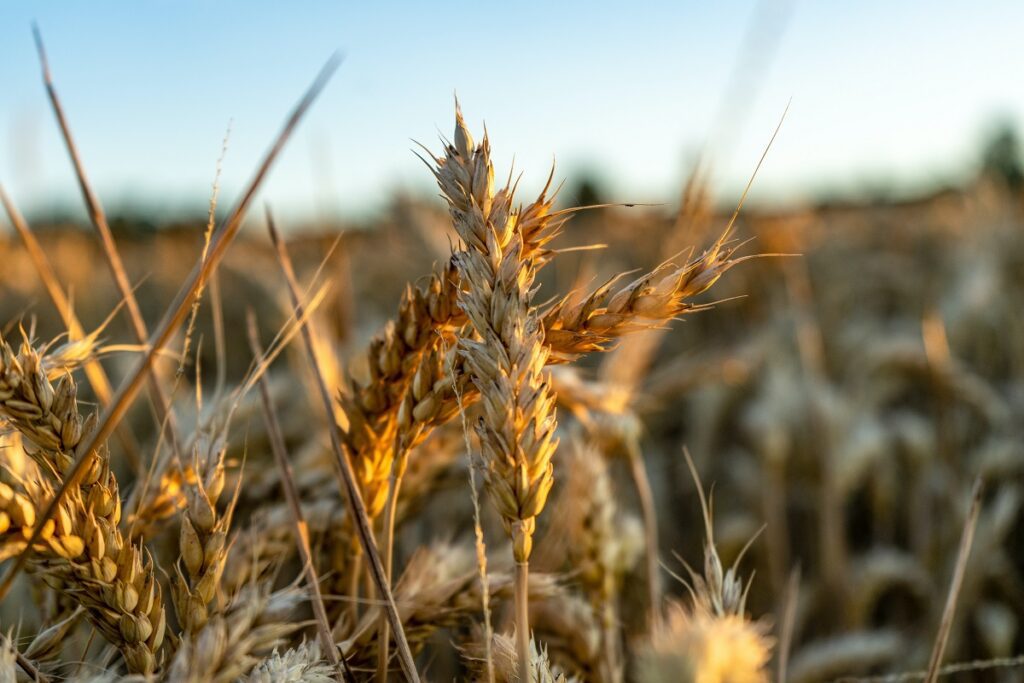According to recent NASA research published in the journal Nature, climate change may have an impact on maize (corn) and wheat productivity as early as 2030 under a high greenhouse gas emissions scenario. Maize crop yields are expected to fall by 24%, while wheat crop yields might increase by roughly 17%.
Using modern climate and agricultural models, scientists discovered that the change in corn and wheat yields is driven by expected temperature rises, alterations in rainfall patterns, and rising surface carbon dioxide concentrations produced by human-induced greenhouse gas emissions, the research said.
“While future yield projections remain uncertain, our findings imply that important breadbasket areas will confront significant human-caused climate threats sooner than previously predicted,” NASA research concluded.
The consequences of climate change on grains are already seen in the United States. According to research conducted by the Environmental Working Group (EWG), rising global temperatures have resulted in a significant increase in crop insurance claims for farmers since 1995. EWG said this has resulted in a fourfold rise due to drought and a threefold increase owing to floods.
During 1995-2020, “$87.6 billion, or 61 percent of total crop insurance payments, was paid to farmers for losses from drought and excess moisture – two phenomena that have become both more common and more extreme in many parts of the country, thanks to the rapidly worsening climate emergency,” EWG said.
“The numbers don’t lie: The climate crisis is already pummeling American farmers, at taxpayers’ expense,” said Anne Schechinger, EWG Midwest Director, and agricultural economist. “Without better policies requiring climate-smart farming decisions to mitigate the climate emergency and build resilience, the cost of the already astronomically expensive crop insurance program will keep growing at a runaway pace.”
Biotech climate solutions
Biotechnology offers solutions to help mitigate these challenges. Gene editing, for instance, can address climate change and its impacts in two ways, according to Innovature.com: reducing emissions of greenhouse gases that contribute to climate change, like carbon dioxide, and increasing the resiliency of crops against the impacts of climate change.
A good example of this kind of effort is being developed by plant geneticists at the University of Queensland in Australia, Innovature.com reported. They are integrating novel breeding methods to identify ways to develop crops such as barley with a higher yield, nutritional value, and drought and disease tolerance in the future.
A range of other biotech solutions for climate challenges, including crop-based solutions for carbon capture, biofuels, feed ingredients that reduce methane, and more, are outlined in a report from Biotechnology Innovation Organization (BIO).




